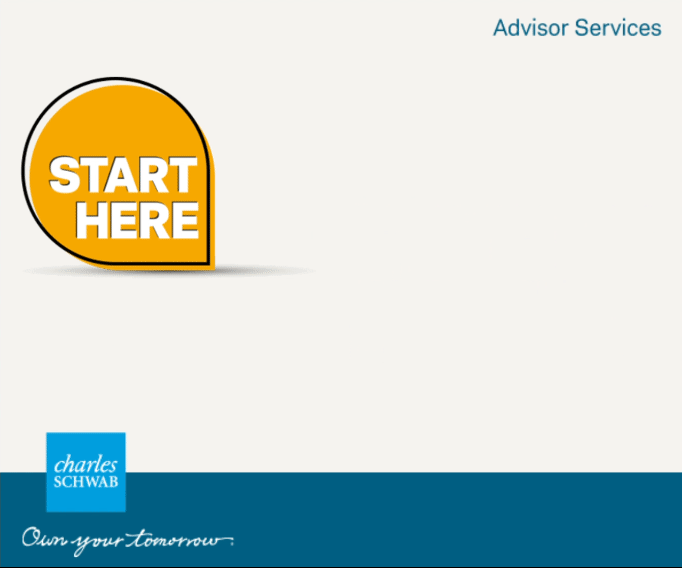When you introduce ambiguity, rather than control, into a system, people think for themselves and find a way to reach the right answer. ~ Mark McArthur Christie
The only traffic sign in the small northern Dutch village of Makkinga says ‘Verkeersbordvrij’ which translates as ‘free of traffic signs’.
People living there have to find their own way around, negotiate for themselves, and use their own brains.
It’s part of a movement started by the late traffic engineer Hans Monderman of “designing for negotiation” where everyday citizens are treated like , you know , actual adults who , given agency , can co-design their own rules. It’s novel, as it is based on the radical assumption that not everyone is a complete idiot.
Of course, the idiots do exist. But as Monderman said in fascinating interview with Tom Vanderbilt “There’s a little part of society who don’t accept rules, who don’t accept social structures, It’s not up to a traffic engineer to change it.” A few weeks earlier, he said, a local 21-year-old who had just gotten his driver’s license had died in a crash. “He used drugs, alcohol. There’s not a street that can cope with that problem.”
And yet, all over the world, probably in the place you work, people design policies and rules aimed at stopping the 21 year old drunk driver lurking in all of us.
From your expenses policy , to the way you bill customers, to the way you monitor annual leave – the system all too often assumes the worst of us. That we aren’t to be trusted.
Corporate executive types and politicians assume they are far more trusted than they actually are. A recent survey by PwC found there is a glaring gap between the trust consumers have in companies (30%) and the trust business leaders think consumers have in their organisations (87%) – a 57 point chasm!
People forget that trust is reciprocal and should never be assumed. Indeed trust and trustworthiness should be understood as some kind of ‘reciprocal cooperation’. Why would you trust someone who behaves as if they don’t trust you?
So how can we design for trust? Partly this comes from the opening quote: if we introduce some degree of ambiguity and allow people to make personal choices it gives them agency. This in turn stops them feeling powerless – and moves them closer towards a position of trust.
Therefore if we designed our systems and institutions for users to negotiate themselves rather than dictating rules and controls – we might just find we are more trusted , as well as costing them a whole deal less.
On Monday I spent the afternoon with a customer of ours, and during the course of the conversation we identified probably half a dozen ways the organisation was standing in the way of potentially beneficial outcomes, probably without meaning to. It made me think again that many communities become apathetic precisely because of the way our services stand in the way of aspiration, killing bottom up innovation one tiny cut at a time.
There’s a curious train of thought across the social sector that seems to say “If we involve our customers more, we’ll be more trusted and therefore more accountable”. I’m sorry – but this is nonsense. The lack of trust in our organisations is driven by overly complex business models that fail to put the customer in any position of power. The idea that this will be solved by inviting them to read the minutes of your last Board meeting is, frankly, ludicrous.
We build transactional services despite the fact that we know that it’s relationships which make many services work.
We insist on knowing possible solutions are tried and tested despite the fact that communities are built by giving it a go and seeing what happens. Life is not something you can plot on a Gantt chart.
Hans Monderman once responded to a question as to why he didn’t see traffic signs as a way to change behaviour: “I don’t want traffic behaviour, I want social behaviour.”
How many of our processes, policies and practices truly promote social behaviour? And what would the world look like if they did?
A little risker?
Maybe.
But surely a world that was infinitely more co-operative and sharing. Where people felt they, not invisible and unaccountable others, had the control.
Related: Why Big Teams Keep Getting Bigger


